Frontline Bridge Gives Hope To Ukrainians Fighting For Kherson
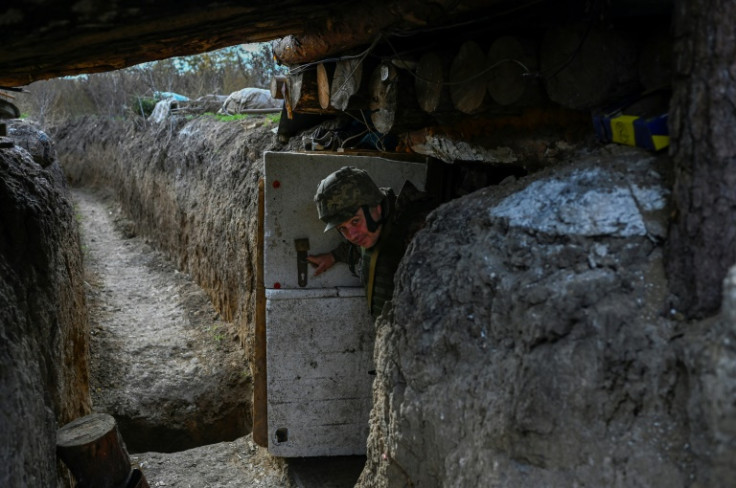
The ageing Ukrainian fighter watched for months as his wounded comrades were rushed back across a humpback bridge marking the start of land Russia claims as its own.
It was a dispiriting sight as he crouched in his heavily fortified checkpoint and trained his binoculars on the western edge of the flashpoint region of Kherson.
But then something changed about two weeks ago.
"There were far fewer of those medical cars coming down the bridge," said the soldier named Gres, a retired policeman.
"It feels like around two weeks ago, something happened."
What the 51-year-old father of two may have witnessed -- without realising at the time -- was a turning point in the brutal battle across Ukraine's strategic southern front.
The Ukrainians launched a lightning counteroffensive in September that cleared the Russians out of lands east of the 1.4-million-strong northern city of Kharkiv.
A similar feat around the smaller southern city of Kherson could prove even more painful to Russian President Vladimir Putin.
The riverside port and its eponymous region gave Putin a long-coveted land link to the Crimean peninsula, which the Kremlin seized in 2014.
Its loss could open Ukraine's path back to the commercially vital Sea of Azov and threaten Russia's hold on Crimea itself.
The Russians have moved tens of thousands of civilians out and poured reinforcements in ahead of the most consequential confrontation of the ninth month of war.
But information blackouts by both Moscow and Kyiv mean the true course of battle can only be glimpsed from the so-called grey zones that neither side fully controls.
Gres has still not dared walk the few hundred steps from his checkpoint to the Kherson border bridge because of the unpredictable dangers.
A jet that Gres guessed might have been Russian had circled overhead that morning and the enemy's artillery fire was still well within range.
Kherson remained tantalisingly out of reach for the soft-spoken soldier.
"But it feels a lot closer than it did before," he said with a tired smile.
All Olga Yasenko knew was that her Kherson-border village of Shevchenkove was only shelled twice that morning -- and not the usual dozen or so times or more.
The 48-year-old stood with a hammer before the ruins of the school she headed before Russian forces took over the village at the start of the invasion -- only to be pushed back by the Ukrainians last month.
Winter snows were coming and the school's shattered windows needed to be boarded up to save what remained of the empty classrooms.
"It is scary standing out here," Yasenko admitted with a nervous laugh.
A few of her neighbours -- cheerful men who all stayed behind to save the village from burning down in the fighting -- raised a Ukrainian flag on the school's damaged roof.
"You have to be optimistic," said welder Oleksandr Romanstevych after climbing down from a ladder leaning against the school's pockmarked wall.
"You just have to keep working and stay positive," the 37-year-old said.
That optimism can feel fleeting in the frontline regions of a war that has razed entire towns and left millions without heat or power heading into the long winter.
The school director kept smiling while fighting back tears as she recalled losing touch with her 309 students.
"It is so hard to believe everything that's happened," she said quietly.
Leonid Suslov was experiencing similar turmoil as he sat alone on his broken back porch.
The 63-year-old lost a leg in an accident many years ago and never seriously considered trying to flee the fighting.
"We are winning," said Suslov. "I refuse to believe anything else. It simply has to be true."
Soldier and former martial arts trainer Fizruk -- a nom de guerre that roughly translates as "Gym Teacher" -- was also in no doubt.
The bearded 36-year-old climbed out of a foxhole facing the Kherson bridge and patted his assault rifle with an easy air.
"I come from Kherson and still know many people there. They are suffering," Fizruk said.
"I just keep telling them to hold on, that we are close."
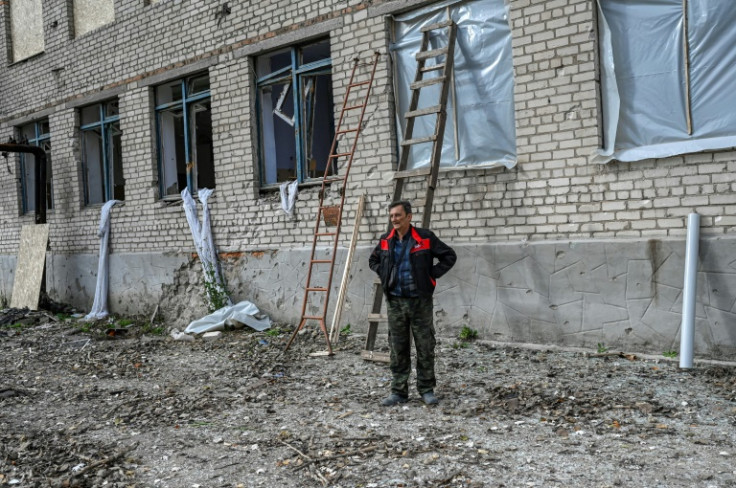
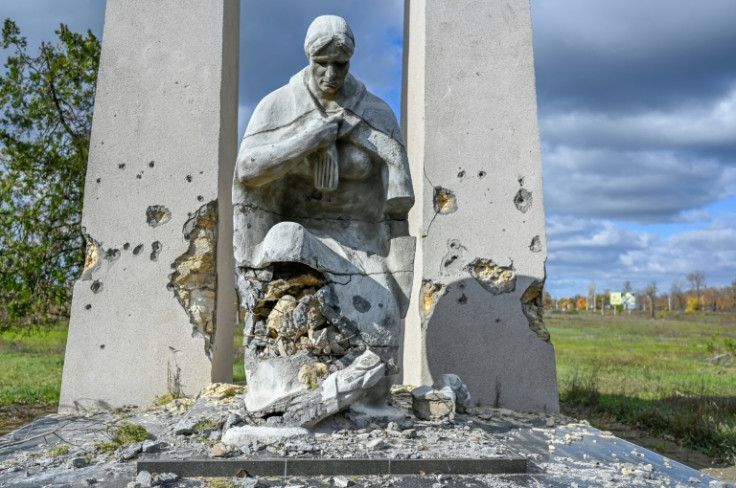
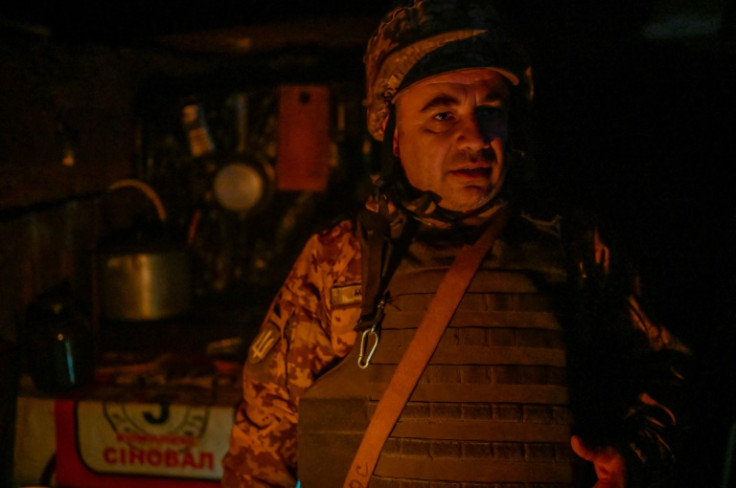
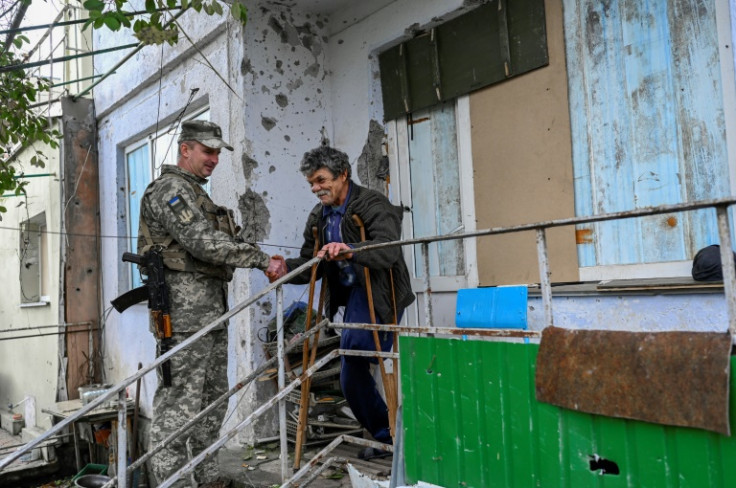
© Copyright AFP 2025. All rights reserved.




















